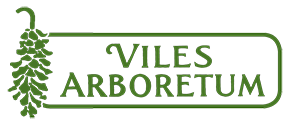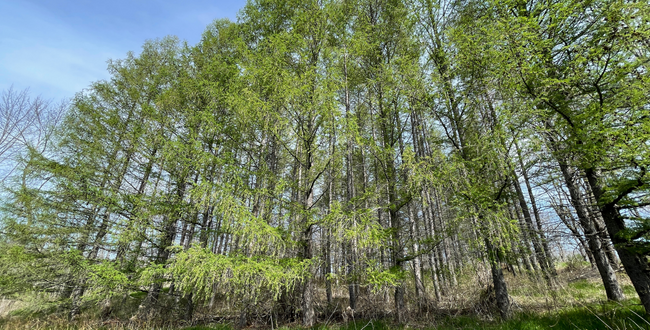I’d like to preface this by saying that no, not all forestry practices across the world can be considered sustainable. There are even some current practices in the State of Maine that couldn’t receive that level of praise. As with all industries, there are some groups that do better than others in considering the well being of the ecosystems they depend on for their products. However, there has been a lot of rhetoric recently which claims that we could replace our need for forest products all together with fast growing crops such as hemp or bamboo. While the use of these products for fiber has merit, and should be considered, it is not likely that these products will be a sustainable option to replace the need for forest harvesting here in Maine.
As someone with a background in wildlife biology, some of the first things I consider when thinking about conservation are “what does it mean for habitat” and “does it preserve or improve biological diversity”. As our climate continues to change, it is more important than ever to ensure that there are suitable habitats available for species as their ranges inevitably shift. The forest product industry has arguably served as one of the strongest forces in preserving forested land in the State of Maine. Private forestry companies own approximately 61% of Maine’s forest land (MaineTree). Much of these lands remain accessible to the public for recreational use. One thing that sets silviculture aside from many agricultural operations is that their operations are creating habitat instead of replacing it. Unlike hemp or bamboo which are grown in monocultures, trees grown for harvesting are usually allowed to naturally regenerate resulting in diverse mixed stands of trees. These trees provide a source of food and shelter for a variety of Maine’s wildlife from moose to snowshoe hare. Once the stand is harvested, it is only a short while before regeneration starts and that space becomes valuable to wildlife once again. Crops such as hemp and bamboo do not provide habitat for native wildlife, and many bamboo species are classified as invasive species in North America. Large plantations of these crops renders the land virtually useless for most native species.
But what if we could grow enough hemp or bamboo in a smaller space to fulfill our needs? This is a valid point - technically speaking, you need fewer acres of hemp or bamboo to produce these products. Which is why we shouldn’t discount these alternatives altogether. As our need for fiber and composite products continues to increase, we will need to diversify our sources. However, it is important to consider the reality of what would happen to all the land owned by the forestry industry if we were to stop using forest products in favor of alternatives. Likely, a small portion of this land would wind up in the hands of conservation organizations while the majority wound up being purchased by private interests such as developers. Currently the majority of this land is accessible to the general public for recreation, something that would likely change if the forestry industry dissolved. As a conservation minded individual the image of converting all our working woodlands back to naturally cycling forests is exciting, but it isn’t realistic. Much of it comes down to a tradeoff between harvesting these lands for timber or allowing them to be developed for other uses. Additionally, the natural wildfire patterns that would need to occur in a forest that is not actively being harvested are not particularly compatible with human development.
While lands being actively harvested for timber production may never truly replace the value of a naturally cycling forest, they remain a valid option to maintain functioning habitat in the State of Maine for many species of wildlife. Beyond the scope of wildlife, these trees are essential to the economy of our state. The timber harvesting industry is responsible for generating about $1.8 billion for the state economy each year, while the recreation industry generates about another $1 billion annually (MaineTree). Behind all that revenue is thousands of jobs which sustain the families of the state of Maine. We owe it all to the trees, and the responsible management of this incredible resource.


